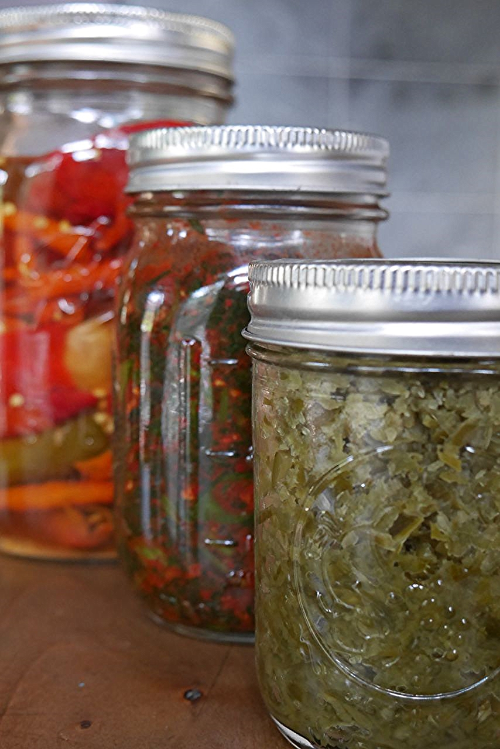
Bulk Up Your Homestead: Savings & Sustainability in Every Purchase
There's a certain peace of mind that comes from knowing you have enough… especially as a homesteader. Watching the seasons change, knowing the garden will ebb and flow, it’s reassuring to see a well-stocked pantry, a tangible symbol of preparation and self-reliance. Homesteading, as rewarding as it is, can also be a drain on your wallet. Between seeds, feed, tools, and everything in between, expenses can quickly add up. But what if you could significantly reduce your costs and create a more resilient home economy?
Enter bulk buying – a smart and intentional approach that allows you to purchase essentials in larger quantities, saving money, reducing waste, and building long-term resilience. This article will provide a practical guide to bulk buying for homesteaders, empowering you to make informed decisions, save money, and build a more resilient and sustainable lifestyle.

An organized pantry stocked with bulk dried goods, showing a sense of preparedness and resourcefulness, reflecting how bulk buying contributes to a resilient homestead.
Section 1: Why Bulk Buying Makes Sense for the Homestead
Bulk buying isn't just about stocking up; it's a strategic investment in your homestead's future. The benefits extend far beyond just saving a few dollars.
Cost Savings: This is perhaps the most obvious advantage. Consider flour, a staple in many homestead kitchens. A 5lb bag from the grocery store might cost you $5, while a 50lb bag from a bulk supplier could be as low as $25. That's a savings of 50%! These savings extend across a wide range of products. Beyond the direct cost savings, less frequent trips to the store mean less money spent on gas, and fewer impulse purchases. A quick trip for "just one thing" can quickly turn into a $50 expedition.
Reduced Packaging Waste: Homesteading is often driven by a desire to live more sustainably, and bulk buying significantly reduces the amount of packaging waste we generate. Think about it: buying 50lbs of flour in one large bag is far less wasteful than buying ten 5lb bags. Many bulk suppliers also offer options to purchase items in reusable containers, further minimizing your environmental impact.
Increased Self-Sufficiency: Supply chain disruptions are becoming increasingly common, as we've all witnessed. Bulk buying provides a buffer against these disruptions, allowing you to be less reliant on external sources for essential goods. It allows us as homesteaders to act as a smaller, more resilient version of our local community, reducing reliance on multinational conglomerates. Having a well-stocked pantry provides a sense of security and independence, knowing you can weather unforeseen circumstances.
Time Savings: How many times a month do you run to the store for a forgotten ingredient or to restock a depleted supply? Bulk buying minimizes those trips, freeing up valuable time for other homesteading tasks, like tending the garden, caring for animals, or working on projects.
Reduced Food Waste: Buying staples in bulk provides flexibility. You have the ingredients on hand to adapt recipes, experiment with new dishes, and preserve seasonal harvests. This reduces the likelihood of food waste compared to buying smaller quantities of perishable items that might go bad before you have a chance to use them.
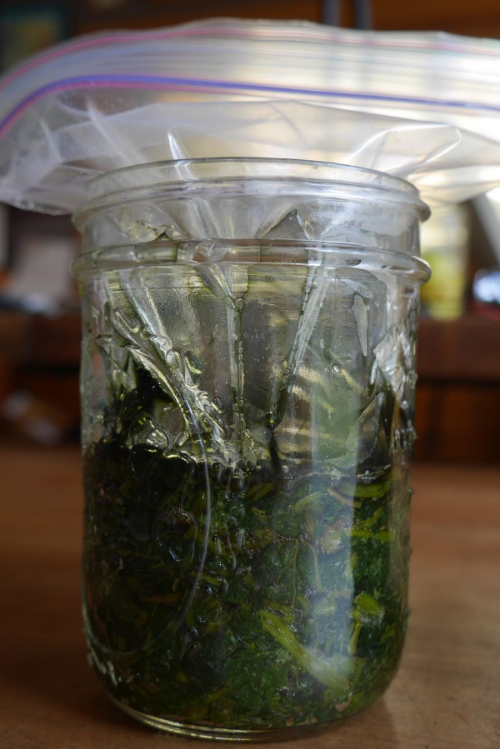
A comparison visual showing the cost savings and reduced packaging from purchasing in bulk for a homestead, contrasting with higher costs and more waste from standard supermarket purchases.
Section 2: What to Buy in Bulk: A Homesteader's Shopping List
Not everything is suitable for bulk buying. Careful consideration of your homestead's needs and consumption patterns is key. Here are some staples that are well-suited for bulk purchases:
Pantry Staples: Grains (wheat berries, rice, oats), flour, beans, lentils, sugar, salt, spices, baking powder, baking soda, dried fruits, nuts, and seeds all have a relatively long shelf life when stored properly. Store grains in airtight containers in a cool, dry place. Flour can be stored similarly, or even frozen to extend its shelf life. Beans and lentils are best stored in airtight containers in a cool, dark place.
Animal Feed: If you raise chickens, livestock, or have pets, consider sourcing feed in bulk. Compare prices of different feed types and pay close attention to the ingredients. Proper storage is crucial to prevent spoilage and pest infestations. Store feed in airtight containers, such as metal bins or heavy-duty plastic drums, and keep them in a dry, well-ventilated area.
Garden Supplies: Seeds, especially open-pollinated or heirloom varieties, can be purchased in bulk and stored for several years. Soil amendments like compost and fertilizer can also be bought in bulk, particularly if you have a large garden. Mulch, such as wood chips or straw, is another item that is often more economical to purchase in bulk.
Household Supplies: Cleaning supplies like vinegar, baking soda, and castile soap can be purchased in bulk and used for a variety of cleaning tasks around the homestead. Paper towels and toilet paper (consider bamboo or recycled options) are also good candidates for bulk buying.
Canning Supplies: If you preserve food, canning jars, lids, and rings are essential. Buying these items in bulk, especially during seasonal sales, can save you a significant amount of money. Pectin and citric acid, used in jams and jellies, are also worth purchasing in larger quantities.
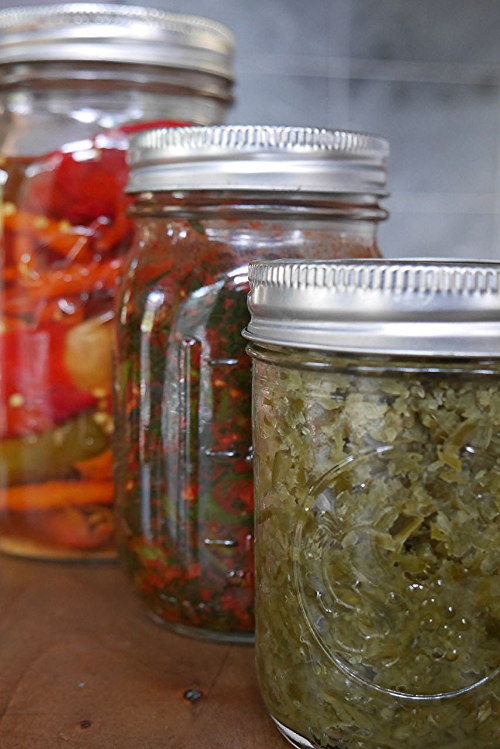
A collection of mason jars filled with diverse bulk goods like dried herbs, grains, and beans, visually representing the variety of items suitable for bulk buying on a homestead.
Section 3: Where to Source Bulk Goods: Finding the Best Deals
Sourcing bulk goods requires some research and comparison shopping. Here are a few options to explore:
Bulk Food Stores: Companies like Azure Standard offer a wide range of organic and natural bulk foods, delivered directly to your area. Local co-ops often have bulk sections where you can purchase grains, flours, spices, and other staples. Consider shipping costs and membership fees when evaluating these options.
Farmers' Markets & Local Farms: Buying directly from local producers supports your community and ensures you're getting the freshest possible products. Many farmers offer bulk discounts on seasonal produce, grains, and meat. This is a great way to build relationships with local farmers and learn about their growing practices.
Food Co-ops & Buying Clubs: These groups pool their resources to purchase bulk goods at discounted prices. Find a local co-op or buying club in your area, or consider starting your own.
Online Retailers: Online retailers like Amazon, Walmart and others offer a variety of bulk items, but be sure to compare prices and shipping costs carefully. Read reviews to ensure the product quality meets your expectations.
Restaurant Supply Stores: Restaurant supply stores are often overlooked, but they can be a great source for bulk staples like flour, sugar, salt, and spices. These stores typically offer competitive prices and high-quality products.
Foraging & Harvesting Wild Foods: Depending on your location and local regulations, foraging for wild foods can be a great way to supplement your pantry. Learn to identify edible plants and mushrooms, and preserve them in bulk through drying, canning, or freezing.
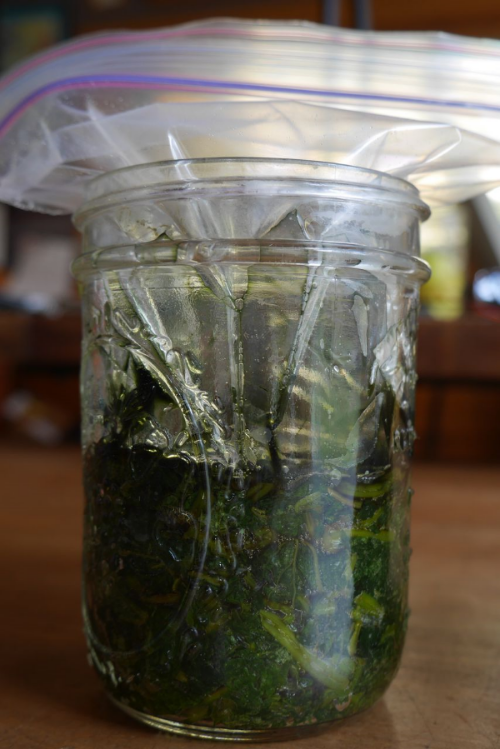
Homesteaders engaging at a local farmers market, symbolizing community, sustainability, and the value of sourcing goods directly from local producers, fostering a deeper connection to the food system.
Section 4: Storage Solutions: Protecting Your Investment
Proper storage is crucial to protect your bulk purchases and prevent spoilage. Investing in high-quality storage containers is essential.
Proper Containers: Airtight glass jars are ideal for storing grains, flours, spices, and other dry goods. Food-grade buckets with airtight lids are suitable for larger quantities of grains, animal feed, and soil amendments. Mylar bags with oxygen absorbers are a good option for long-term storage of dried foods.
Climate Control: Store bulk items in a cool, dry, and dark place to prevent spoilage. Heat, moisture, and light can all degrade the quality of stored foods. A pantry, basement, or root cellar are ideal storage locations.
Pest Control: Prevent pest infestations by using bay leaves or diatomaceous earth in your storage containers. Bay leaves repel insects, while diatomaceous earth is a natural insecticide that kills pests without harming humans or animals.
Rotation Systems: Implement a "first in, first out" (FIFO) system to ensure that older items are used before newer ones. Label your containers with the date of purchase and rotate them accordingly.
Labeling: Clearly label all containers with the contents and date of purchase. This will help you keep track of your inventory and ensure that you're using the oldest items first.
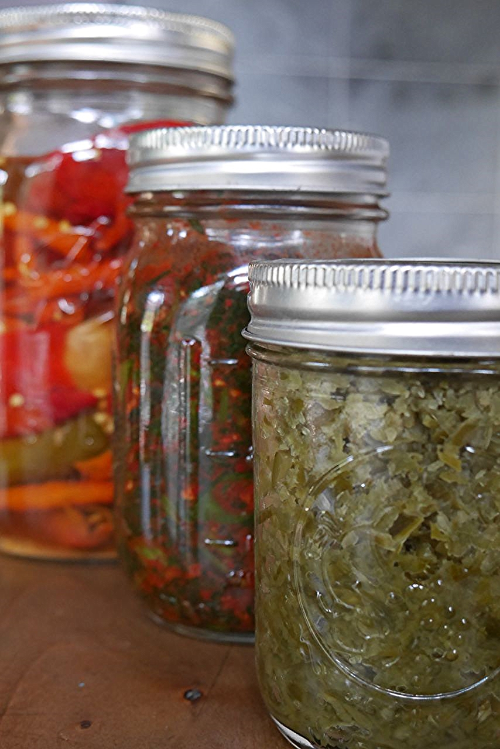
A neatly organized pantry with a variety of containers, highlighting the importance of effective storage solutions for protecting bulk goods and maintaining a functional homestead.
Section 5: Avoiding the Pitfalls: Smart Bulk Buying Practices
Bulk buying can be a great way to save money and increase self-sufficiency, but it's important to avoid common mistakes.
Avoid Impulse Purchases: Don't buy anything in bulk simply because it's on sale. Only buy items that you know you'll use and that you have adequate storage space for.
Assess Storage Capacity: Before buying in bulk, take stock of your storage space. Make sure you have enough room to store the items properly and prevent them from being damaged or spoiled.
Consider Shelf Life: Only buy items that you can realistically use before they expire. Check the expiration dates on all products before purchasing them in bulk.
Watch for Sales and Discounts: Keep an eye out for sales and discounts on bulk items to maximize your savings. Sign up for newsletters from bulk food stores and follow them on social media to stay informed about upcoming sales.
Start Small: Begin with a few essential items and gradually expand your bulk buying efforts. This will help you get a feel for your consumption patterns and avoid overbuying.
Taste Test Before Committing: Purchase a small quantity before investing in bulk.
Don't Overbuy Perishable Items: Be mindful of the rate at which your household consumes products.
Plan for Power Outages: Ensure you have backup storage and cooking solutions in case of power loss.
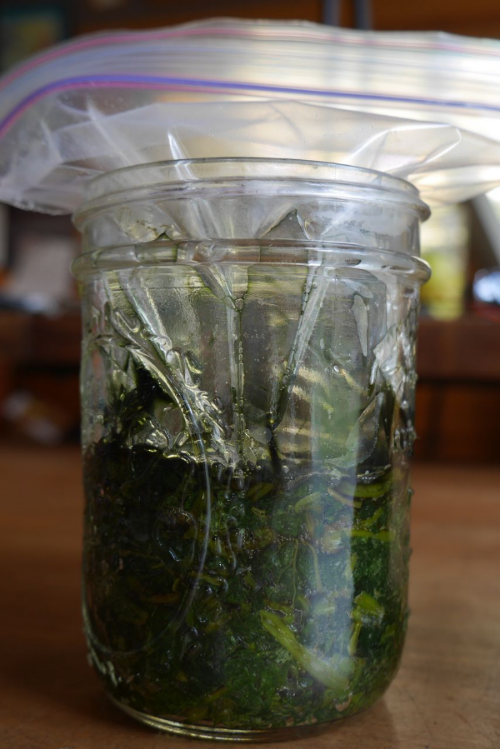
A visual of an overflowing and disorganized cupboard, representing the pitfalls of improper bulk buying practices, such as impulse purchases and inadequate storage.
Conclusion: Embracing Abundance: The Future of Homesteading is Bulk
Bulk buying is a powerful tool for homesteaders, offering significant financial savings, reducing waste, and increasing self-sufficiency. By carefully planning your purchases, sourcing your goods wisely, and implementing proper storage techniques, you can reap the numerous benefits of bulk buying. In an uncertain world, building a well-stocked and resilient homestead is an investment in your future. Buying in bulk ensures that your homestead can remain self-sufficient, even in the face of economic downturns or supply chain disruptions.
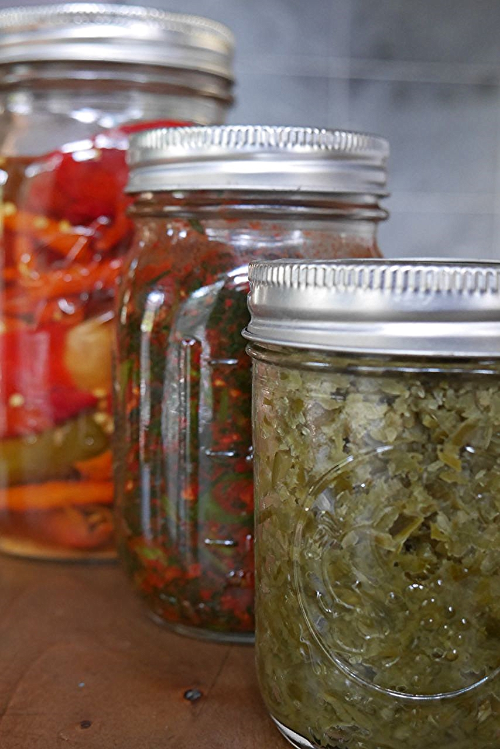
A homesteader with a content smile, standing in a well-organized pantry, highlighting the satisfaction and peace of mind that come from successfully implementing bulk buying practices on the homestead.
What are your favorite items to buy in bulk? Share your tips in the comments below!